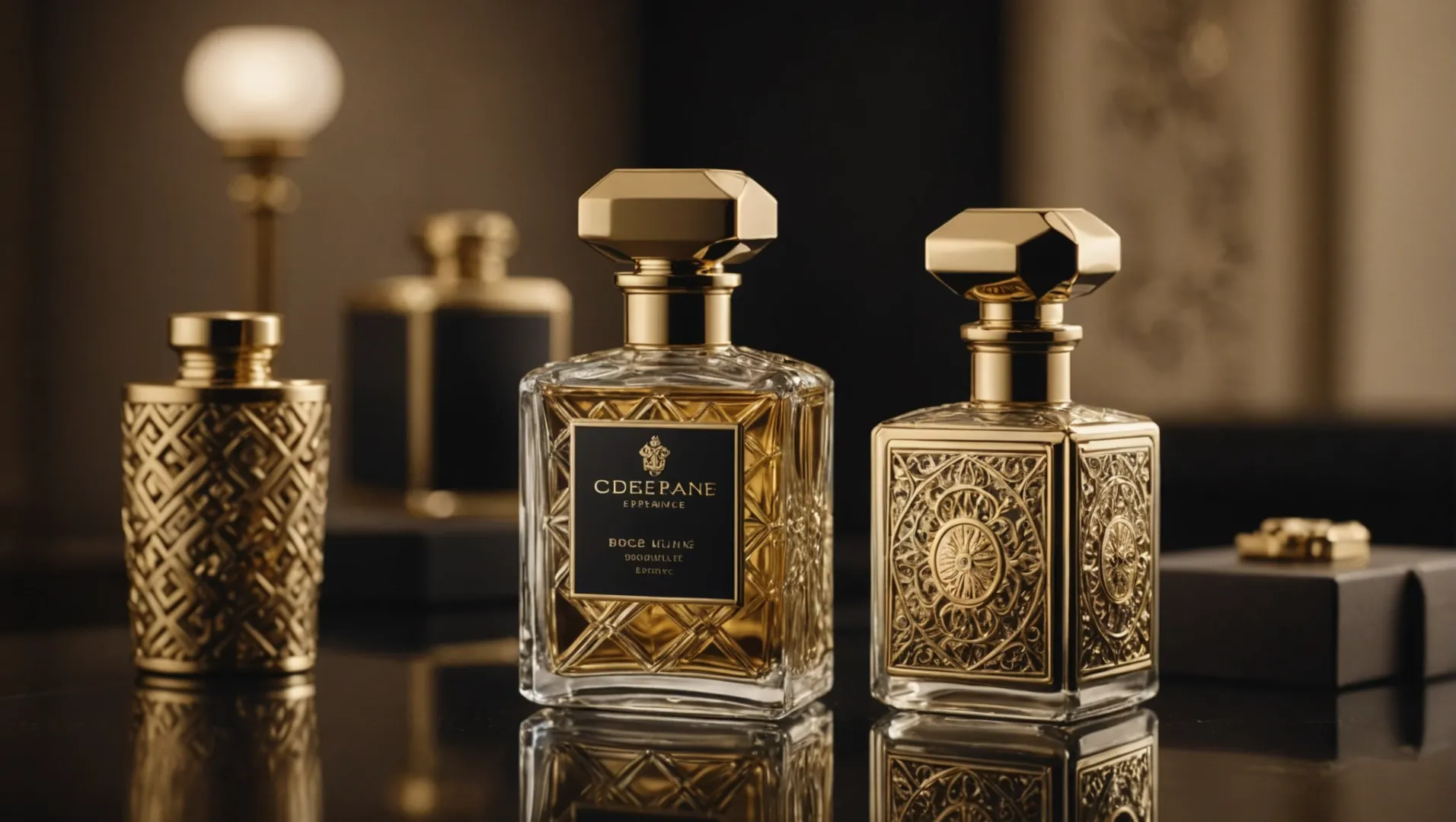
Have you ever picked up a perfume bottle and felt instantly drawn to it? That’s the power of great packaging!
The best packaging for perfume combines durable materials with aesthetic designs to protect the fragrance and attract consumers. Essential factors include material choice, visual branding, and functionality, all aligned with market demands and environmental considerations.
But what really makes a perfume package stand out? Let’s explore the intricate dance between materials, aesthetics, and sustainability that could give you the edge in a crowded market.
Glass is the best material for perfume packaging.True
Glass offers durability, luxury, and excellent protection against external factors.
How Do Different Materials Impact Perfume Packaging?
The choice of materials in perfume packaging can dramatically influence both the product’s preservation and its market appeal.
Different materials impact perfume packaging by affecting production costs, aesthetic appeal, protection, and sustainability. Glass offers durability and luxury, plastic provides versatility and cost-effectiveness, while metal adds a premium touch and excellent protection. Material choice must align with brand identity and environmental goals.
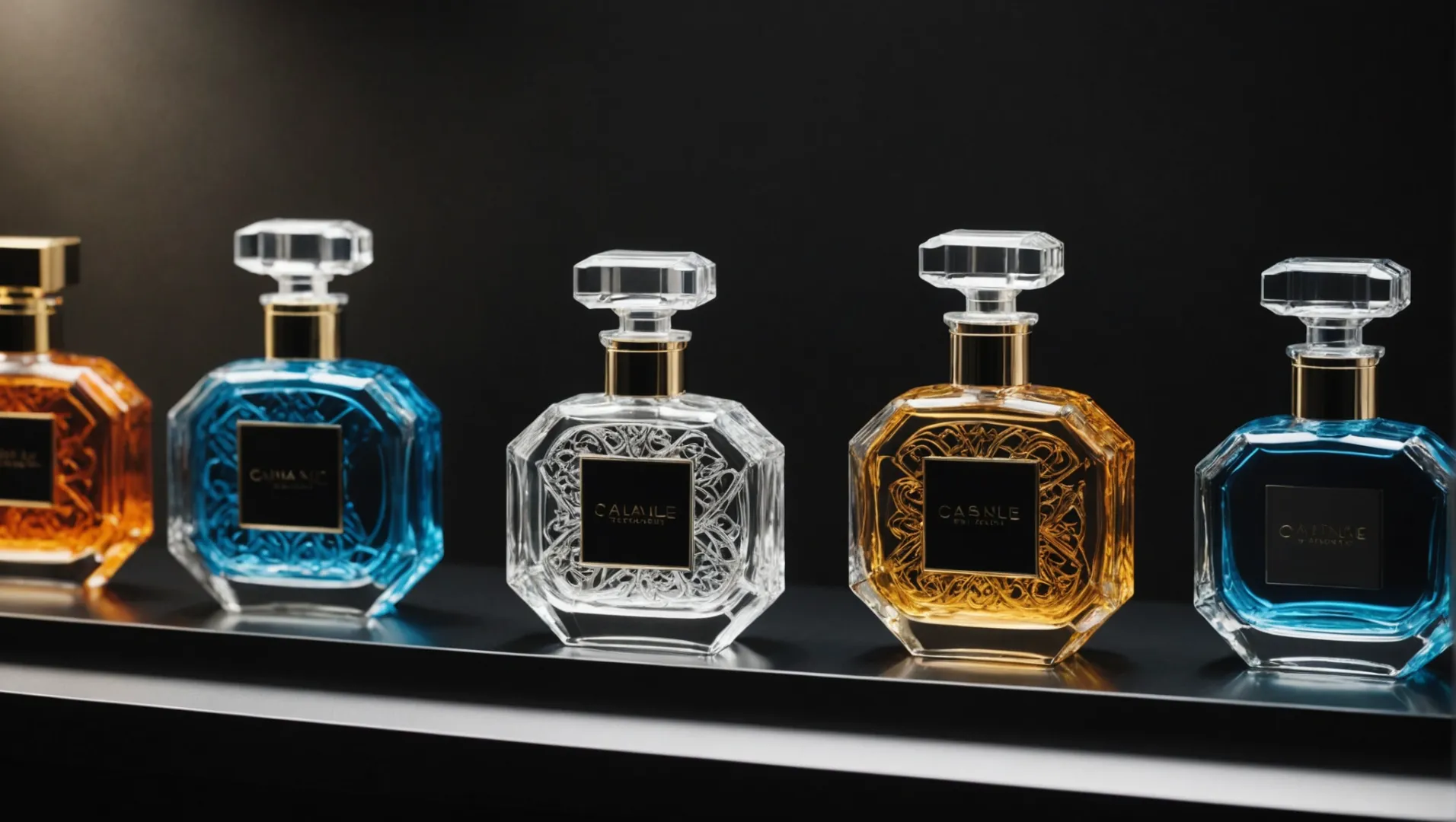
Production Technology and Material Impact
Glass
Glass is a popular choice for perfume bottles1. It conveys luxury and timeless elegance. Glass is impermeable, protecting the perfume from external factors that could degrade its quality. However, glass can be costly due to mold expenses and longer production cycles.
Plastic
Plastic is versatile and lightweight, often used for travel-sized perfumes or innovative packaging designs. It is cost-effective, but it may not offer the same level of protection as glass, particularly for light-sensitive fragrances. The range of colors and shapes achievable with plastic can enhance brand differentiation2.
Metal
Metal packaging provides superior protection and a premium feel. It’s often used for limited editions or high-end lines. Metals like aluminum are sustainable and recyclable, aligning with eco-friendly values. However, the cost of metals is higher, impacting the overall budget.
Marketing Perspectives on Material Choices
Aesthetic Appeal & Brand Identity
The choice of material contributes significantly to the visual branding of a perfume. Glass can add sophistication, while innovative plastic designs can offer modern appeal. Metals enhance exclusivity, appealing to niche markets.
Protection & Preservation
Packaging materials must shield the fragrance from environmental factors such as light and heat. Glass offers excellent protection, while certain plastics are now engineered to provide better preservation.
Sustainability & Environmental Considerations
With increasing consumer demand for sustainable products3, brands are exploring eco-friendly materials like recycled plastics and biodegradable options to minimize environmental impact.
Cost-Effectiveness
Balancing cost with quality is crucial. While glass and metal offer prestige, plastic’s affordability can’t be overlooked, particularly for mass-market products.
Customization & Innovation
Brands are leveraging advanced materials to create unique packaging designs4 that stand out on shelves. Innovations in material technology enable custom shapes, textures, and finishes that capture consumer attention.
Glass is the most cost-effective material for perfume packaging.False
Glass is luxurious but costly due to mold expenses and production cycles.
Metal packaging aligns with eco-friendly values in perfume branding.True
Metals like aluminum are sustainable and recyclable, supporting green goals.
What Role Does Aesthetic Appeal Play in Brand Identity?
Aesthetic appeal is crucial in shaping a brand’s identity, as it influences consumer perception and loyalty.
Aesthetic appeal plays a significant role in brand identity by creating a visual connection with consumers. It encompasses design elements such as color, typography, and packaging that align with brand values and target audience preferences, fostering recognition and emotional engagement.
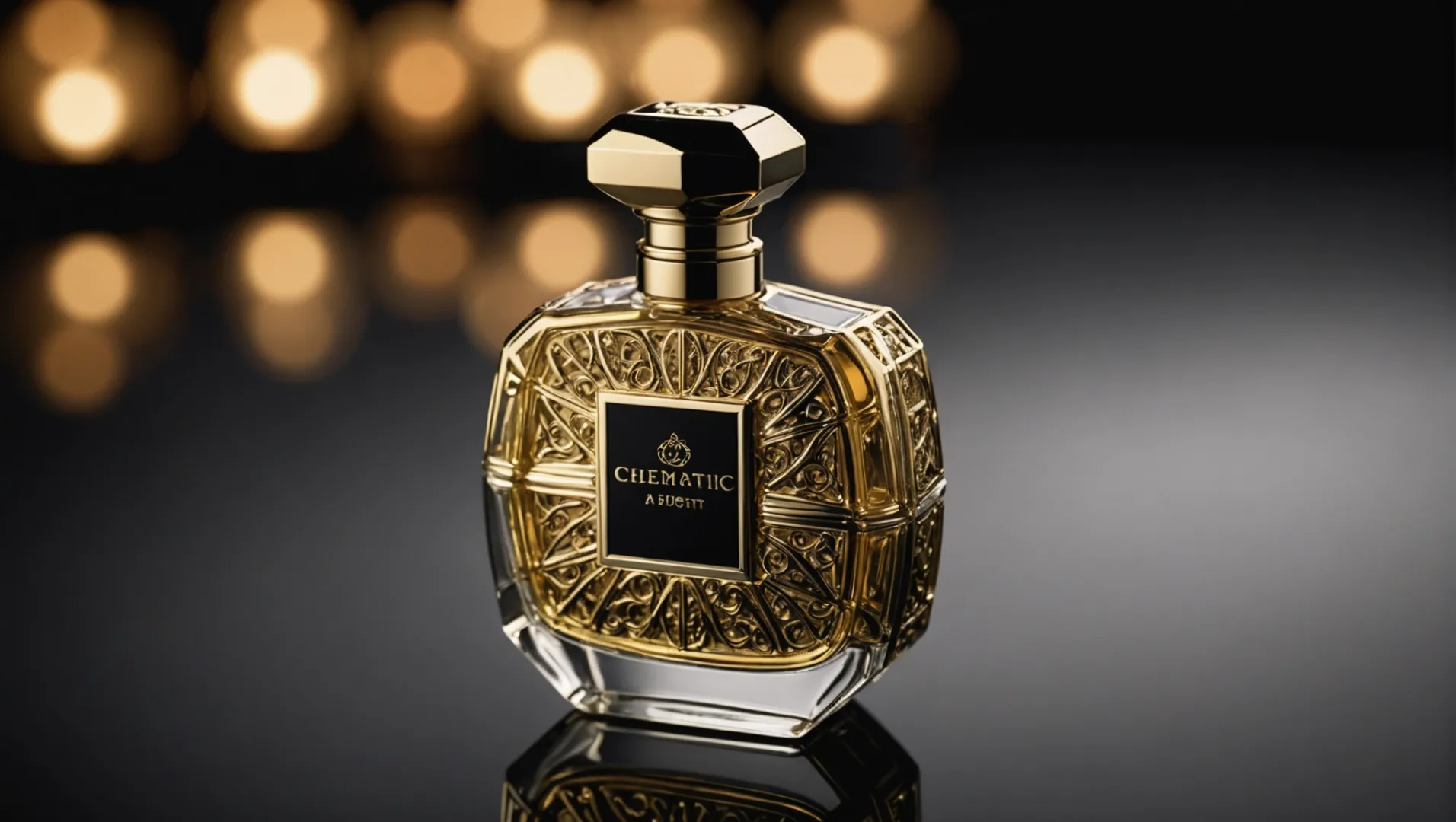
Understanding Aesthetic Appeal in Branding
Aesthetic appeal is the visual representation of a brand that resonates with its audience. It comprises various elements like color schemes, fonts, logos, and packaging design that collectively convey a brand’s message and values. By effectively utilizing these elements, brands can create a strong, memorable identity that stands out in the marketplace.
Consider, for example, the use of color psychology in branding. Colors can evoke specific emotions and associations; red might be used to signify passion or excitement, while blue may denote trust and professionalism. A perfume brand targeting luxury markets might use gold and black to emphasize elegance and sophistication. This strategic use of color helps establish an emotional connection with consumers, encouraging brand loyalty.
The Impact of Aesthetic Appeal on Consumer Perception
The visual aspect of a brand significantly influences how it is perceived by consumers. Well-designed packaging can communicate quality and desirability, making a product more appealing at first glance. In the perfume industry, where scent cannot be experienced until after purchase, the packaging’s aesthetic becomes even more critical.
Brands often employ unique design features to differentiate themselves from competitors. For example, a distinctively shaped perfume bottle can become iconic, associated instantly with the brand itself. The importance of design elements5 like texture and form is paramount in creating a tactile and visual experience that complements the product’s overall allure.
Aligning Aesthetic Appeal with Brand Values
For aesthetic appeal to effectively contribute to brand identity, it must align with the core values and mission of the company. This alignment ensures consistency across all marketing channels and touchpoints, reinforcing the brand’s message. For instance, a perfume brand that prioritizes sustainability might use eco-friendly packaging materials without sacrificing aesthetic charm. This approach not only appeals to environmentally-conscious consumers but also strengthens the brand’s integrity.
Furthermore, tailoring aesthetic elements to meet consumer expectations is crucial for brand relevance. This involves understanding cultural nuances and trends within target markets to ensure designs resonate appropriately. The role of cultural relevance6 cannot be underestimated in crafting a successful brand identity that appeals to diverse audiences.
In conclusion, while aesthetic appeal alone does not define a brand’s success, it plays a pivotal role in shaping its identity and establishing meaningful connections with consumers. By thoughtfully integrating design principles with brand values, companies can enhance their market presence and foster lasting customer relationships.
Colors in branding evoke specific emotions.True
Colors like red and blue are used to signify emotions such as passion or trust.
Aesthetic appeal is irrelevant to brand identity.False
Aesthetic appeal plays a crucial role in shaping consumer perception and loyalty.
How Can Packaging Enhance Fragrance Preservation?
Preserving the fragrance of perfume through packaging is crucial for maintaining its allure and effectiveness.
Packaging enhances fragrance preservation by using barrier materials, airtight seals, and UV protection to prevent scent degradation and maintain quality over time.
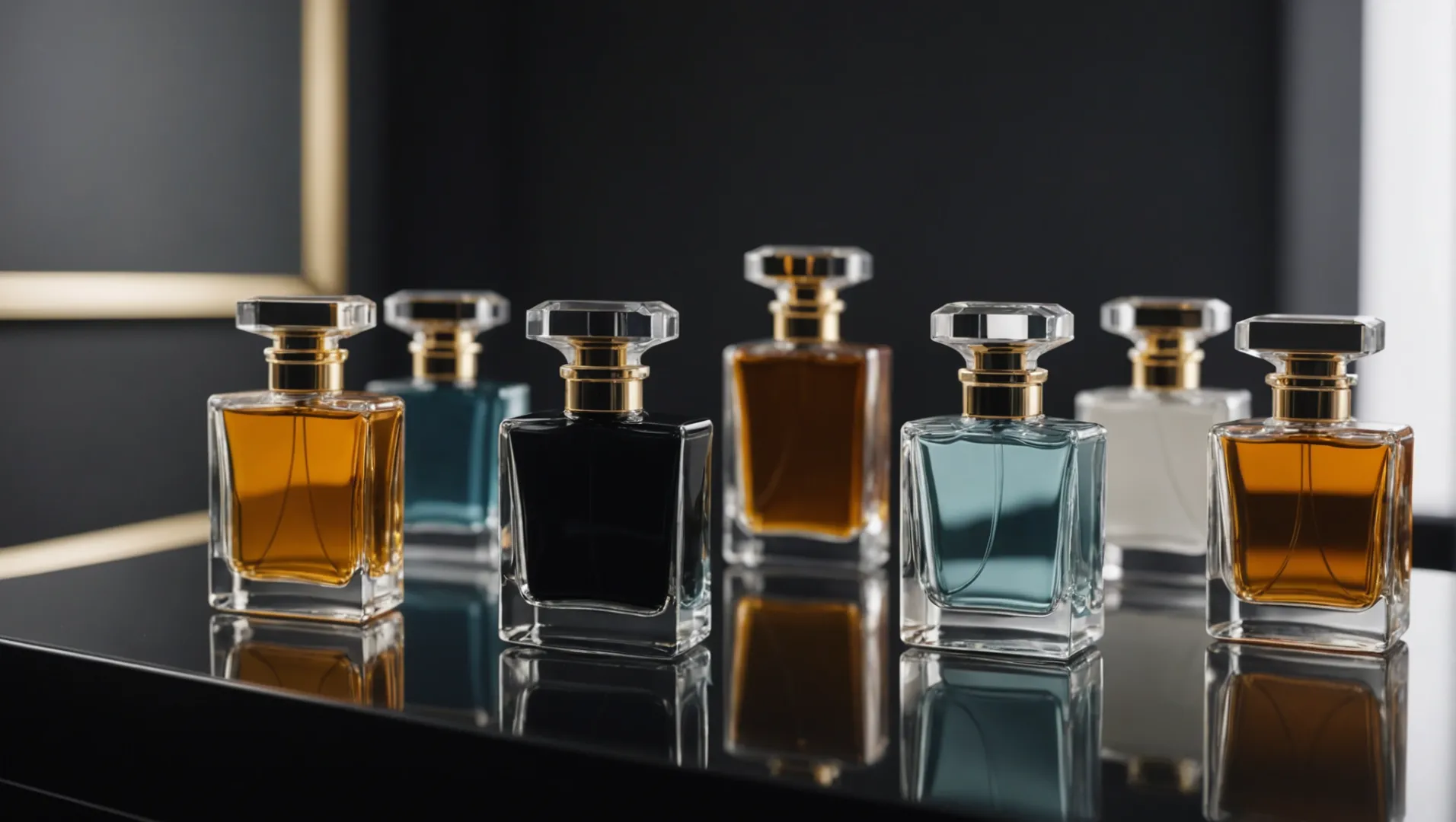
The Science Behind Fragrance Preservation
Fragrance preservation is an intricate art where packaging plays a pivotal role. At the core of this process is the use of barrier materials that inhibit oxygen penetration. Oxygen can alter the chemical structure of perfume, leading to scent degradation. By using materials like aluminum or coated glass, manufacturers create a protective barrier that extends the longevity of the fragrance.
Airtight Seals: A Necessity
Airtight seals are essential in preventing the evaporation of volatile perfume components. When a bottle is opened frequently, or if it’s improperly sealed, these volatile elements can escape, altering the fragrance’s intensity and character. Innovative packaging solutions often incorporate spray mechanisms that minimize air exposure, thus maintaining the integrity of the scent.
UV Protection: Shielding from Light
Exposure to UV light can significantly affect perfume quality. Ultraviolet rays can break down fragrance molecules, resulting in a weaker scent. Packaging with built-in UV filters or tinted glass bottles can protect against this degradation. For instance, dark glass is commonly used to offer an additional layer of protection against harmful light exposure.
Material Choices and Their Impact7
Different materials offer varying levels of protection. While glass is a popular choice due to its non-reactive nature, recent innovations include eco-friendly plastics and metals that not only preserve but also enhance the sensory experience through their tactile qualities.
Innovative Solutions in Modern Packaging8
Modern packaging solutions are embracing technology to further enhance preservation. For example, some luxury brands are now employing microchip technology within their bottles to monitor environmental conditions and alert consumers if their perfume has been exposed to detrimental factors such as excessive heat or light.
By exploring these aspects, brands can ensure their perfumes not only remain appealing but also retain their quality over time, offering a superior experience to consumers.
Airtight seals prevent fragrance evaporation.True
Airtight seals minimize air exposure, preserving volatile perfume components.
UV light enhances perfume scent over time.False
UV light breaks down fragrance molecules, weakening the scent.
What Innovative Packaging Solutions Are Trending in the Perfume Industry?
Discover how innovative packaging solutions are transforming the perfume industry with style and sustainability.
Innovative packaging in the perfume industry includes biodegradable materials, smart packaging, and unique bottle designs. These trends address environmental concerns, enhance user experience, and differentiate brands in a competitive market.
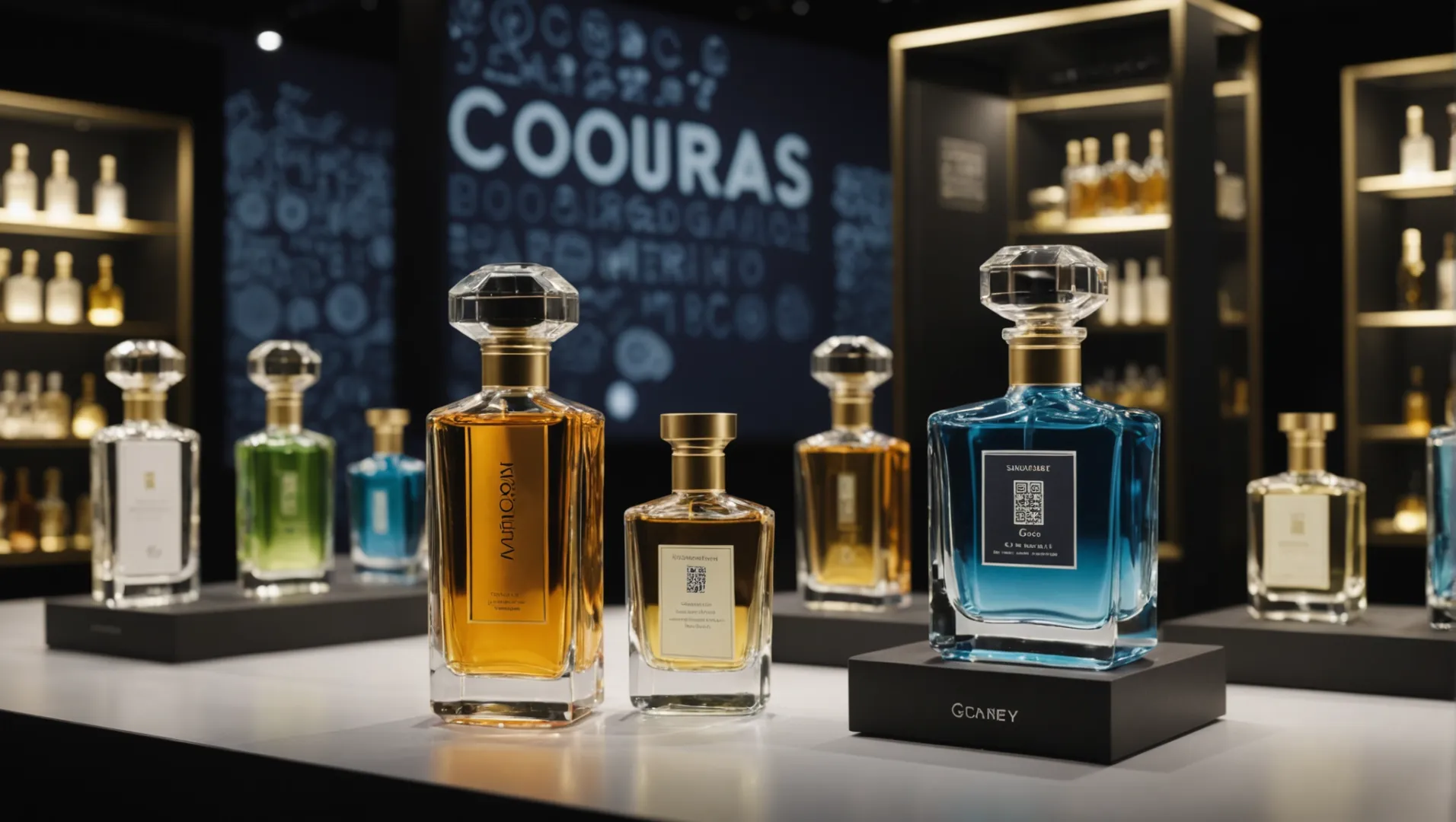
Exploring Biodegradable and Recyclable Materials
The perfume industry is increasingly adopting biodegradable and recyclable materials to meet consumer demands for sustainability. Brands are innovating with plant-based plastics and recycled glass, offering eco-friendly alternatives without compromising on aesthetic appeal9. This shift not only reduces environmental impact but also resonates with environmentally-conscious customers.
Smart Packaging Technology
Smart packaging solutions are reshaping consumer interaction with perfumes. These include NFC tags that provide product information or QR codes that offer engaging multimedia content. Such technology enhances the customer experience by providing easy access to brand stories10 and authenticity verification.
Customization and Personalization Trends
Personalized packaging allows brands to create a unique connection with consumers. Techniques like custom engraving or limited-edition designs cater to individual tastes and elevate the perceived value of a perfume. This trend also includes user-generated designs or options for customers to choose from a variety of styles and colors, boosting brand loyalty.
Multifunctional and Compact Designs
As consumer lifestyles evolve, so do packaging needs. Brands are developing multifunctional packaging that combines elegance with practicality. Innovations like travel-friendly, spill-proof bottles, or packaging that doubles as fashion accessories are gaining popularity. These innovations11 offer convenience while maintaining luxury.
Focus on Unique Bottle Shapes and Materials
The design of perfume bottles often serves as an extension of the fragrance’s identity. Current trends favor unique shapes and textures, such as asymmetrical bottles or those mimicking natural forms, like stones or leaves. These designs not only catch the eye but also serve as collectible art pieces, adding an element of exclusivity.
Sustainability as a Core Principle
Sustainability isn’t just a trend; it’s becoming a foundational element in packaging decisions. Brands are reducing excess packaging and opting for minimalist designs that use fewer resources. Moreover, refillable systems are being introduced, allowing consumers to reuse their favorite bottles, thereby minimizing waste and promoting sustainable practices12.
Biodegradable materials are trending in perfume packaging.True
Brands use plant-based plastics and recycled glass for eco-friendly packaging.
Smart packaging does not enhance user experience in perfumes.False
NFC tags and QR codes offer engaging content, improving interaction.
Conclusion
Ultimately, effective perfume packaging harmonizes protection with appeal. Embrace innovative designs and sustainable practices to boost your brand’s presence.
-
Learn how glass enhances durability and luxury in perfume packaging.: Glass is the preferred material for perfume bottles, ensuring the preservation and enhancement of fragrance integrity and brand identity.
-
Discover how plastic offers diverse design opportunities for perfumes.: Versatile Designs: Plastic’s flexibility in design is unparalleled. It can be molded into various shapes and styles, offering boundless …
-
Explore eco-friendly materials transforming the perfume industry.: Using organic inks, such as soy-based inks, for all of your print jobs is a great approach to increase your company’s sustainability. Soy-based inks are a …
-
See how new material technologies enable creative packaging solutions.: Jun 17, 2023 – Explore Heather Kaufman’s board "Perfume packaging" on Pinterest. See more ideas about perfume packaging, perfume, perfume bottles.
-
Learn how design elements uniquely shape brand perception.: Brand design is the process of creating the brand’s visual identity in all its forms including the logo, typography, icons, colours, illustrations, etc.
-
Discover why cultural relevance is crucial for global branding.: Cultural relevance refers to a brand state when people feel compelled to talk positively about that brand and advocate for it, at any time.
-
Learn how material choices impact fragrance longevity and preservation.: Glass is inert, or in the case of fragrance, so it’s the ideal material to store perfume in. Plastic would have a more adverse affect to the material.
-
Discover cutting-edge technologies improving perfume packaging efficacy.: Discover the ultimate guide explaining fragrance packaging and the role of packaging engineers in transforming aromas into eye-pleasing …
-
Learn how biodegradable materials are revolutionizing eco-friendly packaging.: Packaging for perfumes in PE bottles that are fully compostable. Green polyethylene is a type of plastic that may be made from the treatment of sugarcanes. The …
-
Explore how smart tech is enhancing perfume packaging experiences.: Innovative applications, eco-friendly materials, startling sample packs, and unusual sprays emerge to address consumer trends driven by sustainability.
-
Discover innovative designs that blend style with practicality.: 50+ Amazing Perfume Box Design Ideas for Inspiration … Recent trends in perfume packaging design include minimalist designs and unique shapes.
-
Understand the role of sustainability in modern perfume packaging.: As fragrance packaging continues to evolve, biodegradable packaging is the future, says Vincenzo Spinnato, CEO of Turnkey Beauty and the cosmetic chemist.


